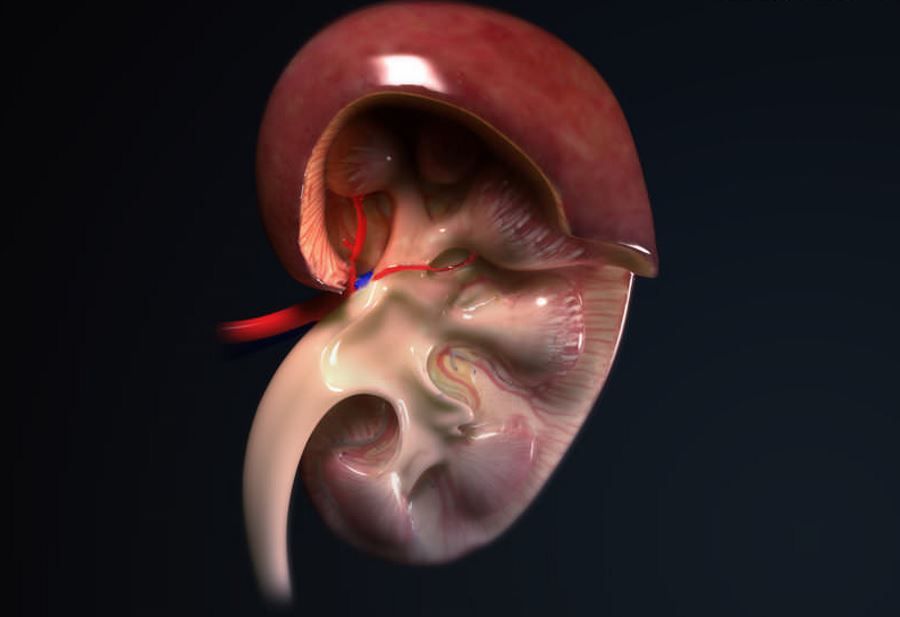Gdynia-based SpaceForest will build a suborbital rocket
SpaceForest from Gdynia will build Poland’s first commercial suborbital rocket. The company announced that it has submitted an application under the “Fast Track” program of the National Center for Research and Development for funding of a suborbital rocket SIR. Suborbital Inexpensive Rocket).
The project for Poland’s first commercial suborbital rocket will launch in April 2018, with the first launches possible as early as 2022. SIR rocket will be capable of flightoat an altitude of 150 kilometersow. It will also be able to carry payloads weighing up to 50 kilogramsow.
„The 10-meter colossus will provide favorable costow conditions for research in microgravity, necessary for the nascent space industry in Poland. Because of the design approach >design to cost< rocket will be cost-attractive – as it is expected to offer the lowest prices for such services in the world” – reported SpaceFOrest on its Facebook profile.
The company SpaceForest reported roalso that in the October competition of the National Center for Research and Development their application took the highest place, ex aequo with five other applications, winning 21 out of 23 possible points.
Following in the footsteps of SpaceX, SpaceForest rownież wants to create a reusable rocket. „We focus primarily on the safe recovery of the entire rocket, zaroboth in the engine and payload sections” reads on the company’s social media profile. The SIR is to be equipped with a flight control and control system and a steerable parachute głowny allowing to land in a defined area.
„We believe that thanks to the features of the SIR rocket, it will be possible to carry out flightoin Poland over the waters of the Baltic Sea. Here we count on the support of state institutions in coordinating future activities >Polish spaceport<” – admitted representatives of SpaceForest.
The SIR rocket is to be powered by a hybrid rocket engine, where the fuel is modified paraffin and the oxidizer is nitrous oxide.
SpaceForest was established in 2012, as a result of the separation of its R division & D from parent company Telemobile Electronics. With Telemobile Electronics on the comebackot merged in 2017. The company is developing and commercializing new technologies specializing in microwave techniques, artificial intelligence, and electronic and rocket technologies.


